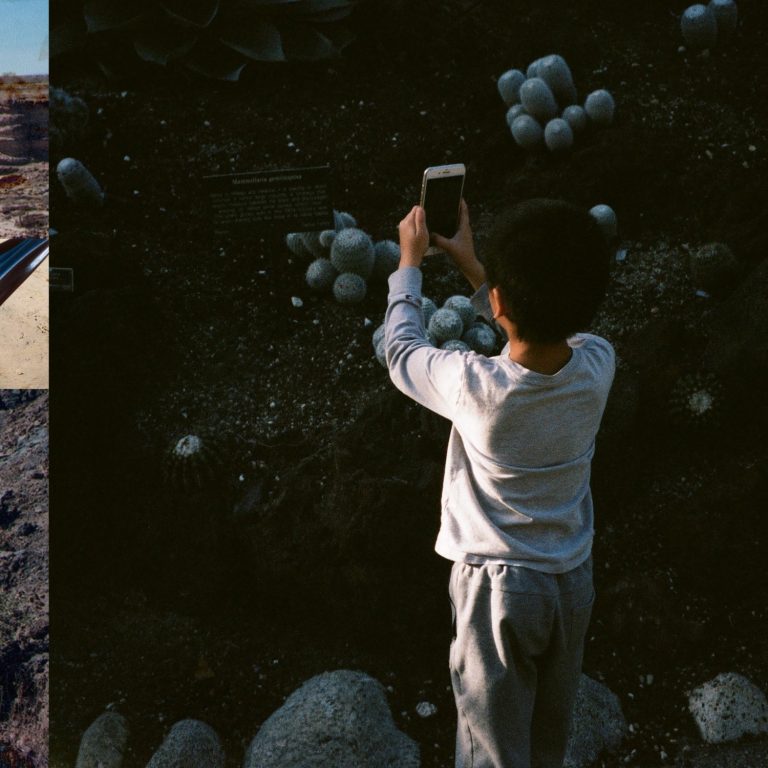For her sixth album, Mega Bog architect Erin Birgy has disposed of the unkempt aesthetic of her previous record – 2019’s underrated Dolphine – and has tightened her grip on the purpose of this project that she’s been moving strategically across the genre map. Instead of the sparse echoing that shrouded Dolphine’s unrefined pop, Birgy’s latest Life, and Another expands her palette tenfold with different hues and tones that would typically go unnoticed on an experimental record. The result is her most engaging work yet.
Previously, Birgy’s tended to rely on the atmosphere to push her narrative – she’s rightly considered an experimental musician. Her compositions are extraordinarily unhinged while still containing all the vital pop ingredients to bring fans back each time. This is what makes Life, and Another feel instantly more lavish than her previous work. Album opener “Flower” unfurls like the start of Spring when buds emerge from slumber, it rolls out as it should, in a freeing manner.
This is Mega Bog’s lifeforce album, a meditation on Birgy’s own frailty. This allows for moments like “Station to Station”, which finds her making delicate chamber pop replete with echoes that trail down the caverns, rarely returning, while her vocals reach an uncompromising altitude before sliding down like sap on a branch. “And the person I thought I was singing for / Is the person to leave behind,” she sings, knowing full well her words may never be heard by the intended party.
Mega Bog’s previous output has leaned more into avant-garde than pop, but this isn’t the case for Life, and Another as much. Birgy’s brought a jam band mentality to some areas; the jaunting single “Crumb Back” bops and bounces with brass accompaniment, and the breakneck pace of “Weight of the Earth, on Paper” makes it sound like it could have been a Fiona Apple song in an alternate universe. Some of these stylistic embellishments can be attributed to frequent collaborator James Krivchenia of Big Thief, who lends his everyman talents to co-producing and various instrumentation. While his presence is felt in spurts across the album that may nod to Big Thief’s folk-rock at times – like on banger “Before a Black Tea” – it is nevertheless still firmly a Mega Bog sound.
Returning once again to lend a hand is Hand Habits’ Meg Duffy who contributes guitar to a select few tracks across the album. Duffy’s guitar work is proximately recognizable in the nearly unassuming measures of highlights like “Ameleon” where Mega Bog shines as a collective force behind Birgy’s immediacy-laden songwriting. Duffy draws out and flutters their guitar strings enough to add flair to the album’s closer, but Birgy’s in total control of the narrative from start to finish with her belting of the song’s title leading into the guest’s solo.
On the downside, the album’s two instrumental tracks act as teasers. Enjoyable on their own, “Bull of Heaven” and “Darmok” feel slightly unfinished and out of place in the arc – likely intended as intermissions for a sci-fi epic. Their presence here is all at once refreshing but peculiar if anything. “Bull of Heaven” evokes the lethality of a feeding frenzy, whereas “Darmok” glides gently in dreamier territories. They don’t hurt the album, but, especially with “Bull of Heaven”, they create a desire for an intensity that most Mega Bog songs are missing.

